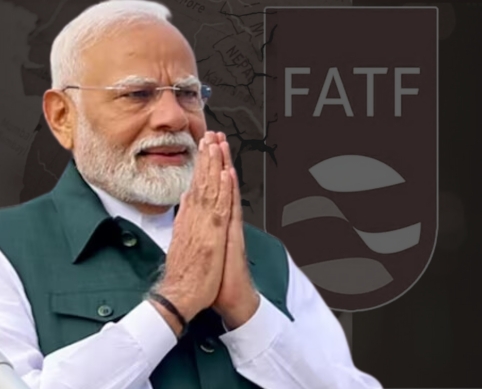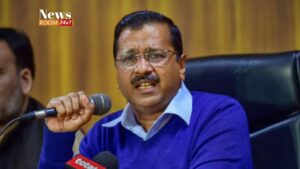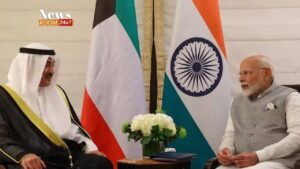India will join the exclusive FATF club on September 19 to uphold higher standards

India will join the Financial Action Task Force’s (FATF) exclusive group of top performers on September 19, surpassing the US, China, Germany, Japan, and Canada for maintaining superior standards in combating money laundering and terror financing. This achievement comes as New Delhi spearheads a global effort to enhance transparency in online transactions and credit card payments, officials announced on Tuesday.
According to the comprehensive report on India’s performance in tackling financial crimes, the country met 37 out of 40 stringent evaluation criteria, a milestone reached by only three other G20 members – the United Kingdom, France, and Italy, as noted by officials who requested anonymity.
FATF’s mutual evaluation for 2023-24 categorized India under “regular follow-up,” enabling the country to address the remaining three parameters “voluntarily.” In contrast, countries in the “enhanced follow-up” category, such as the US, China, and Germany, are required to address all deficiencies as a condition for their evaluation status.
According to FATF, countries in the “regular follow-up” category must report their progress annually or face potential actions. They have a more favorable status compared to those on the “grey list,” which require an action plan and monitoring every four months. Failure to demonstrate progress can lead to being moved to the “black-list,” where countries face counter-measures, such as Myanmar. Countries that do not participate in FATF’s mutual evaluation process, like Iran and North Korea, are also blacklisted.
Being in the top category (regular follow-up) offers significant advantages for India, officials stated. Countries in this category report every three years, and such reporting is voluntary. This status enhances India’s credibility and reputation as a financially stable and secure nation, making it more attractive for investment, according to an official.
Additionally, it fosters better cooperation with other nations in areas such as combating terrorist financing, asset recovery, and law enforcement. It also improves access to international markets, reduces borrowing costs, and boosts access to international trade by enhancing trust in India’s trade finance instruments, the official added.
India has achieved “a high level of technical compliance” with the FATF, according to a statement on the global institution’s website. FATF commended India for its advancements in understanding the risks of money laundering and terror funding, international cooperation, access to basic and beneficial ownership information, utilization of financial intelligence, asset confiscation from criminals, and counter-proliferation financing measures.
However, FATF noted that improvements are needed to enhance the supervision and implementation of preventive measures in some non-financial sectors. Additionally, India must address delays in concluding prosecutions related to money laundering and terror funding.
Officials confirmed that the next significant task for the global financial crime watchdog is to establish standards for the transparent and prompt disclosure of parties involved in online transactions, whether through payment aggregators or plastic cards such as credit and debit cards. “India is playing a crucial role in this effort while aiming to balance regulations with ease of use,” the first official stated.
“Comprehensive consultations with stakeholders and broad industry outreach will be conducted before finalizing the standards. India supports transparent disclosures but stresses that regulations should not impede the ease of compliance or slow down transactions,” the official added.
Officials noted that the matter is currently under debate within FATF, and the Reserve Bank of India (RBI) supports enhanced mandatory disclosures and information exchange with FATF member countries. Industry players, including Visa and MasterCard, are also participating in the discussions.
“The second official noted that, given the concerns of stakeholders, we must identify suitable solutions before implementing any new standards. While FATF decisions are made through consensus, unlike the United Nations, no member has the power to veto.”
Founded in 1989, FATF is the global watchdog for money laundering and terrorist financing and serves as the leading authority on standards to prevent financial crimes. It ensures countries adhere to its standards through a rigorous “mutual evaluation” process.
FATF’s membership includes 38 countries and two regional bodies—the European Union and the Gulf Cooperation Council. Other nations are involved through nine associate member groups, while institutions like the World Bank and the United Nations hold observer status.









